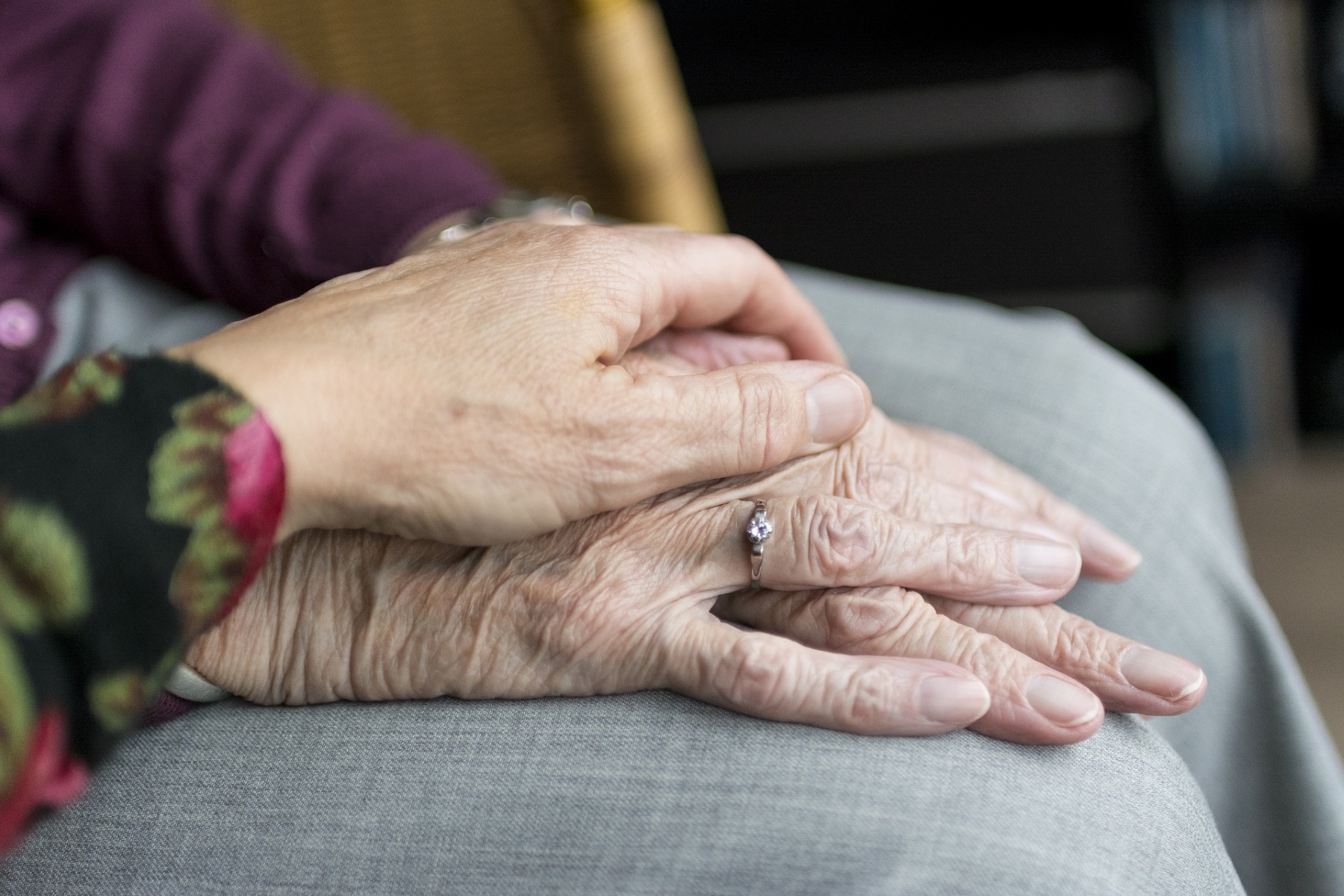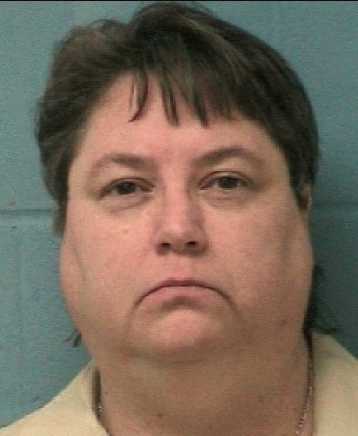An analysis of federal inspection records has found that 43 percent of Georgia nursing homes have been cited for infection-related problems in recent years.
That percentage, though, is one of the lowest among the states, the Kaiser Health News study found.
The KHN analysis of four years of federal inspection records shows 74 percent of nursing homes nationally have been cited for lapses in infection control — more than for any other type of health violation.
Although repeat citations are common, disciplinary action is rare, Kaiser Health News reported. Nationwide, only one of 75 nursing homes found deficient in those four years has received a high-level citation that can result in a financial penalty, the analysis found.
The Georgia Department of Community Health, which oversees nursing homes in the state, referred GHN to federal regulators for information on fines over infections.
The federal Centers for Medicare and Medicaid Services has required long-term care facilities to establish better systems to prevent infections, detect outbreaks early on and limit unnecessary use of antibiotics through a stewardship program.
The federal agency told KHN that it does not believe it has skimped on penalties. CMS said in a statement to KHN that most infection-control violations have not justified fines because they did not put residents in certain danger.
While Medicare has begun penalizing hospitals for high rates of infections, there has been no similar crackdown on nursing homes. (Here’s a recent GHN article on Medicare hospital penalties in Georgia.)
As average hospital stays have shortened from 7.3 days in 1980 to 4.5 days in 2012, patients who a generation ago would have fully recuperated in hospitals now often continue their recoveries in nursing homes, the KHN report said. Many are weaker and thus more susceptible to infections. Some patients need ventilators to help them breathe and have surgical wounds that are still healing, two conditions that can make infections more likely.
“You’ve got this influx of vulnerable patients, but the staffing models are still geared more to the traditional long-stay resident,” said Dr. Nimalie Stone, the Centers for Disease Control and Prevention’s medical epidemiologist for long-term care. “The kind of care is so much more complicated that facilities need to consider higher staffing.”
Problems with the quality of care in nursing homes are often linked to low reimbursements, said Kathy Floyd, executive director of the Georgia Council on Aging.
Advocates for seniors want to see those payments to nursing homes rise but also be tied to quality measures, she said Tuesday.
“Nursing homes say they don’t have enough money,’’ Floyd said. “Let’s pay them more, but we need to get bang for our buck – we need to get improved quality.”
Separately, GHN reported last year that the Legislature’s injection of funding for nursing home surveyors helped the state address an increasing backlog of patients’ complaints. The state had a substantial vacancy rate in surveyors who check conditions in these facilities.
A spokeswoman for the Georgia Health Care Association, a group representing nursing homes, says the state’s nursing homes have made improvements on infections.
“The safety and well-being of residents, patients and employees is the highest priority for Georgia’s skilled nursing centers,’’ said Devon Bacon, a spokeswoman for the association, in a statement. CMS data, she added, shows that Georgia nursing homes have decreased the average number of deficiencies cited related to infection control by almost 15 percent over the past few years.
“The reports also show that Georgia centers consistently outperform the nation in survey outcomes related to this specific requirement.”
Infections cause a quarter of the medical harm cases that Medicare beneficiaries experience in nursing homes, according to a federal report. They are among the most frequent reasons why residents are sent back to the hospital.
Andy Miller is editor and CEO of Georgia Health News










